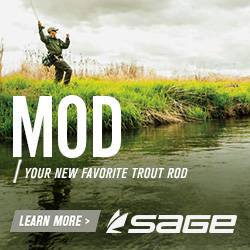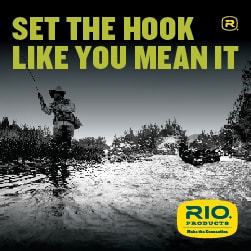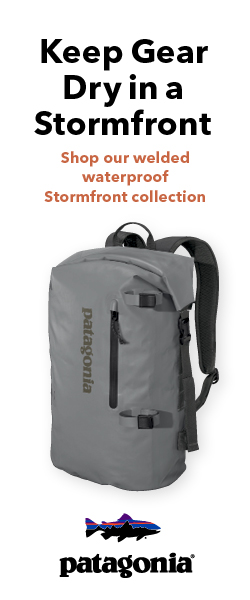Action Alert - Keep the Salmonberry Wild and Remote
 Wednesday, September 3, 2014 at 12:00AM
Wednesday, September 3, 2014 at 12:00AM An important call to action from the Native Fish Society.
Dear Wild Fish Advocates,
In addition to the beautiful, rugged landscape of Oregon's Salmonberry River, it is home to some of the purest populations of wild, native salmonids in the Pacific Northwest, including summer and fall Chinook salmon, winter steelhead, both resident and anadromous cutthroat trout, and endangered Coho salmon.
For over a hundred years, a railroad has operated in some capacity throughout the river's corridor; however, the canyon’s steep, remote location has proven difficult for railroad maintenance. Currently, the Oregon Parks and Recreation Department (OPRD) is seeking comments for alternative recreational opportunities in a development plan for the Salmonberry River Corridor, the 86 mile stretch of railway that lies in the Northwest part of the state connecting the city of Banks to the rural Coast.
- Oregon’s Salmonberry watershed provides essential habitat for endangered wild Coho salmon, as well as winter steelhead, summer and fall Chinook salmon, and resident and anadromous cutthroat trout.
- The canyon’s steep valley walls, intrinsic landslide potential, and rugged terrain has proven to be economically prohibitive for railroad maintenance.
- This development plan must include the least-impactful recreational opportunity throughout the Salmonberry River stretch of the corridor to prevent future degradation to this watershed.
Please join us today in asking OPRD to support a primitive trail and minimize the risk of the ecological impacts to wild fish from increased development in the Salmonberry River and keep this canyon wild and remote!
Thank you!
Native Fish Society
 native fish society,
native fish society,  salmonberry river,
salmonberry river,  take action in
take action in  Action
Action 








